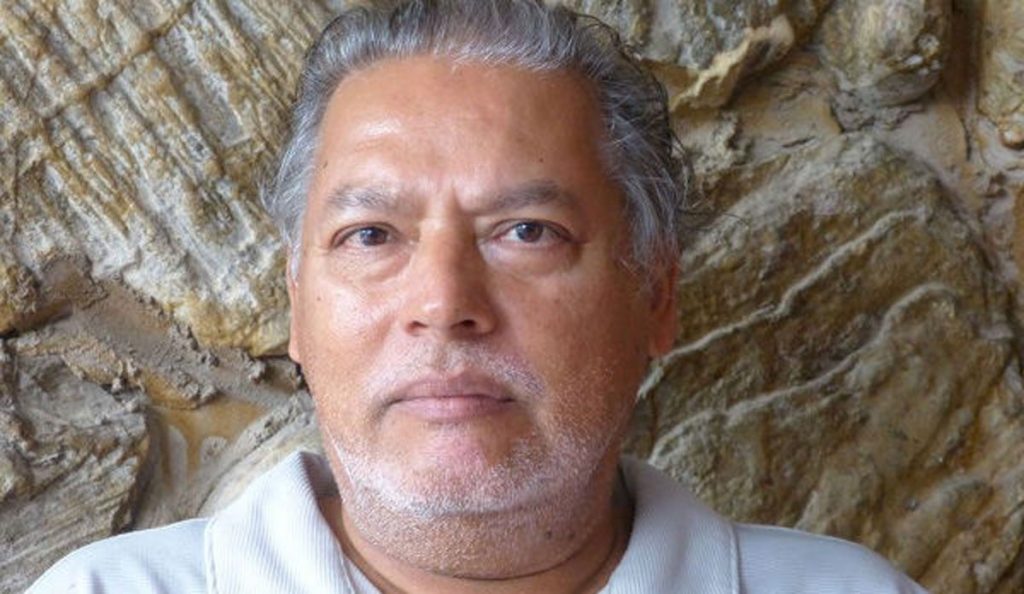Christopher Columbus continues to evoke historical record in the Americas. Khafra Kambon, Shabaka Kambon, Raviji, Pearl Entou Springer, Prof. Bridget Brereton, the late Dr Brinsley Samaroo et al, want to abolish his historical presence in Trinidad and Tobago.
Tony Martin reminded us that “Columbus sailed to the Caribbean in 1492, the same year in which the Moors were defeated. The monarchs Isabella and Ferdinand in Spain carried out the reconquest of lands held by Moors …. Moors of North Africa who ruled Spain (or parts of it) from 711 to 1492 AD.” (Tony Martin, Caribbean History 2012).
The Emirate of Cordova was the new name of Spain by the Berbers/Moors in 711 AD.
The historical context of Columbus is that in 711 “an Arab army with Berbers allies crossed the Straits of Gibraltar (its Berber commander Tariq) and advanced into Europe in 732… the Arabs deep in France … turned back near Poitiers. The Franks who faced them and killed their commander, claimed a victory. At any rate, it was a high-water mark of Arab conquest…the Islamic onslaught on the West remains an astonishing achievement.” (J.M. Roberts, History of the World, 1981).
It is alright for some people to support the conquest of Spain and its occupation for almost 800 years by the Moors. Spain under the flag of Columbus simply “carryout the reconquest held by the Moors” into the Americas.
Ms Vzoma Wadada said that “Black people suffered a loss of self because of slavery… the effects remained etched in the psyche…this oppression can lend itself in a cycle of violence… The State (the Government (PNM) must “invest in T&T culture to inspire a sense of identity among Afro-Trinidadian and ultimately reduce crime.”
For many Blacks the destruction of Columbus’s statue would bring a solution to all their history and contemporary problems.
Kamal Persad
